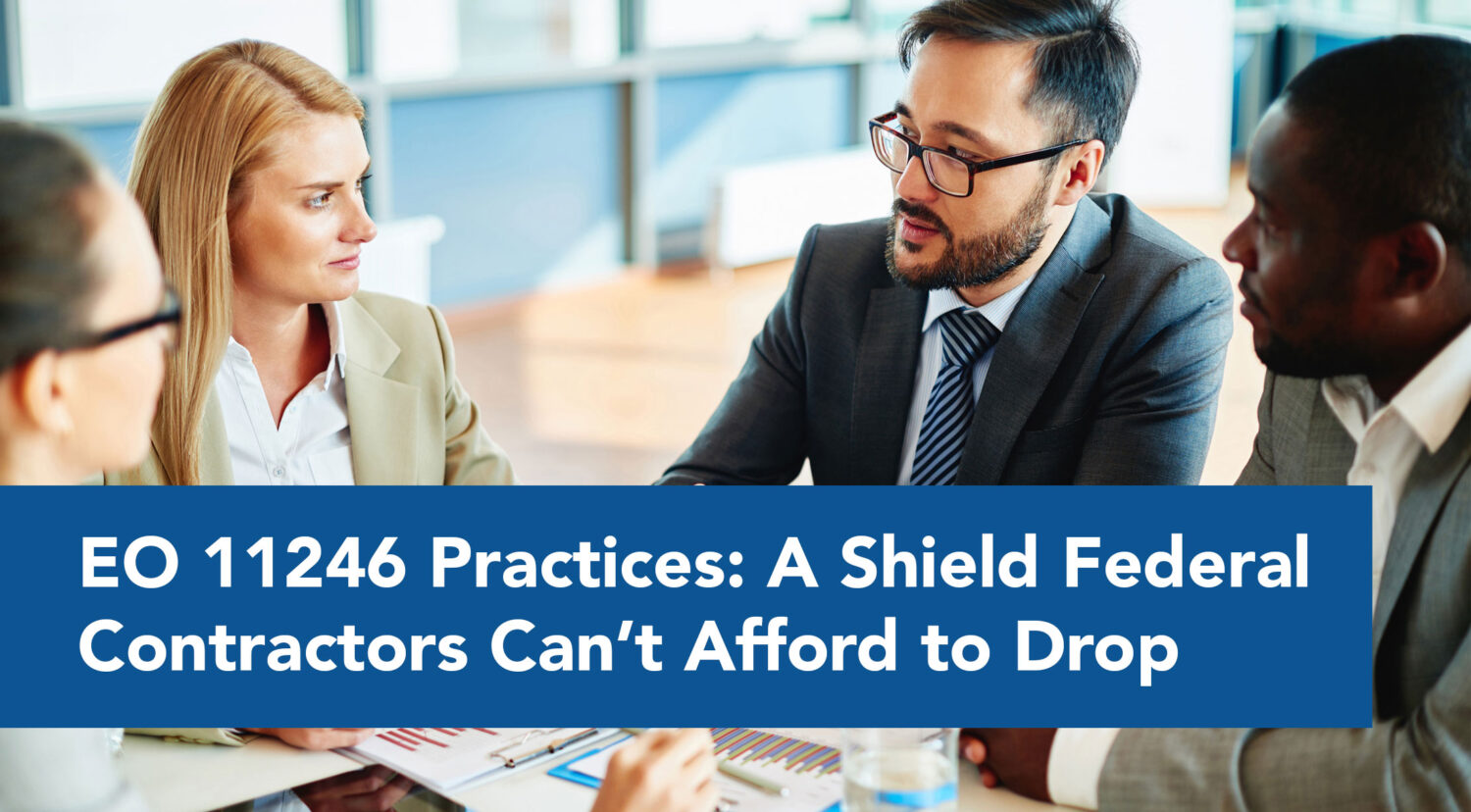If your company is facing legal action as a result of either a failed audit or employee/applicant complaint, you’ll need to decide whether to fight the charges in court or to settle. Sometimes a large settlement is cheaper than winning a drawn-out battle in court…but unfortunately comes at the cost of appearing guilty and harming your company’s reputation.
In a recent study done by Kate Williams, a doctoral student at Clemson University, she states the following:
Cases that are settled by the EEOC and the OFCCP often include fines to be paid to the plaintiff, instructions to hire or promote the plaintiff or others in the class, and requirements for employers to adjust their hiring practices.
The administrative costs beyond just paying fines provide additional incentive to avoid a court battle. However…
These settlements suggest admission of guilt on the part of the employer although many case reviews specifically note that the employer denies allegations of wrongdoing but chose to settle in order to avoid an expensive legal battle.
When choosing which path to take, it never hurts to know what it has cost others. Her study covered primarily hiring complaints and 224 cases. Here is what she found:
Settling out of court resulted in average fees per case of $590,266 for EEOC cases and $668,785 for OFCCP cases. Cases that were settled by individual plaintiff rather than the EEOC/OFCCP averaged $12,292,492. In comparison, cases that went to trial and were found in favor of the plaintiff cost organizations an average of $13,306,346.
I think it’s safe to say that settling with the EEOC or the OFCCP was far less expensive than settling with plaintiffs. In fact, there may be something a little disturbing how similar the settlement costs and cost of losing the case are, as well as the size, when defending against plaintiffs rather than the EEOC or OFCCP. I didn’t see data in Kate’s paper showing average total costs for losing a case against the agencies (I’ll ask her for it), but I assume from context (and news feed headlines) that it’s significantly larger than the settlement amounts but far smaller than against plaintiffs.
In an upcoming piece I will go over her data on which hiring practices are more defensible in court, which also affects the decision to settle or fight, and share that they are, thankfully, the same practices that have the most value in producing qualified hires for companies.





